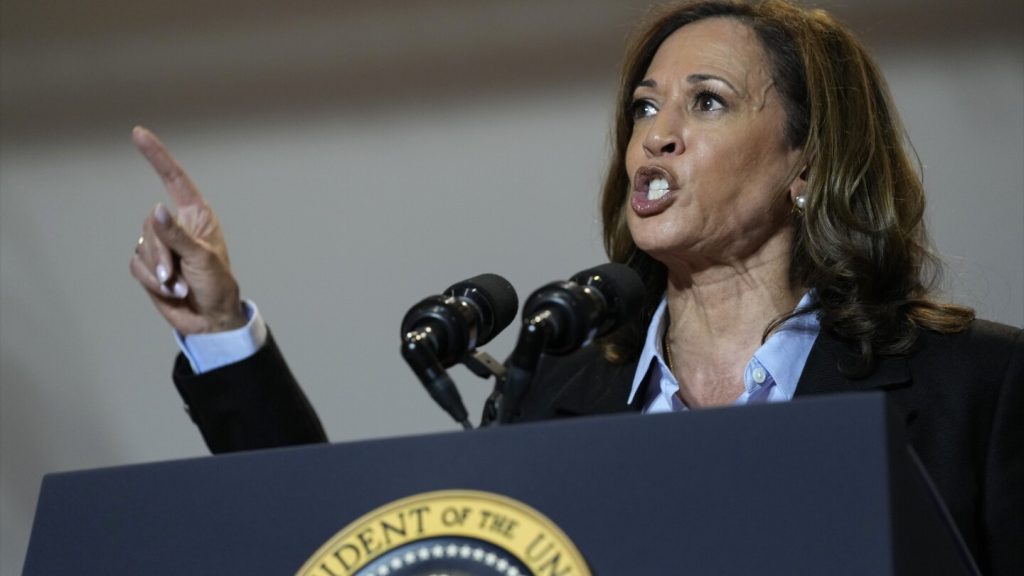Vice President Kamala Harris has unveiled a plan to increase federal tax incentives for small business startup expenses from $5,000 to $50,000 in hopes of spurring a record 25 million new small business applications over her potential four-year term if she wins the presidency. The proposed change would cover the average cost of $40,000 to start a business, allowing new businesses to wait to claim the deduction until they turn a profit in order to maximize its impact on lowering their taxes. While such changes would require congressional approval, the expiration of Trump-era tax cuts at the end of next year may create an opportunity for lawmakers to consider new tax policies.
Since President Joe Biden endorsed Harris in July, she has focused her campaign on key battleground states, including Michigan, Wisconsin, Pennsylvania, Arizona, Nevada, and Georgia. Harris has also visited North Carolina and New Hampshire, aiming to flip the latter despite Trump’s significant support in the state in the 2016 election. Trump has criticized the cost of living in New Hampshire, leading Harris to highlight economic issues in the state. Harris’ team is hopeful that securing 25 million new business applications in four years could exceed the number filed since Biden took office, ultimately helping new small businesses succeed and avoid accumulating debt in a time of high interest rates.
Harris’ small business plan is part of a series of proposed policy steps to address various economic issues, including inflation, homeownership, and federal taxation on tips for service industry workers. The plan also aims to streamline tax filing for small businesses, make it easier to obtain occupational licenses, and provide federal incentives for state and local governments to ease regulations. Additionally, Harris plans to launch a small business expansion fund to support businesses in areas that receive less investment, enabling them to cover interest costs during expansion or job creation. By focusing on areas outside urban hubs, Harris hopes to promote business investment and job creation in underserved communities.
In the weeks since Harris became the Democratic nominee for president, she has offered few major policy proposals, focusing on injecting new energy into the campaign while aligning with key Biden administration proposals. By proposing measures to support small businesses and address economic challenges, Harris aims to demonstrate her commitment to helping entrepreneurs succeed and stimulate job creation. The upcoming 2024 election will be crucial for Harris, who is aiming to secure widespread support across various states and showcase her vision for economic recovery and growth. If elected, Harris’ proposed small business incentives could have a significant impact on entrepreneurship and economic development in the United States.


